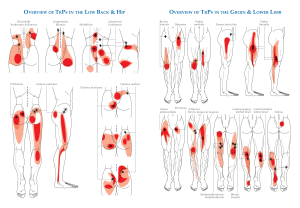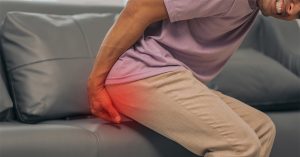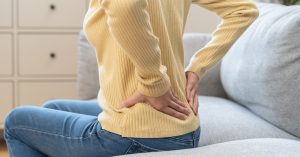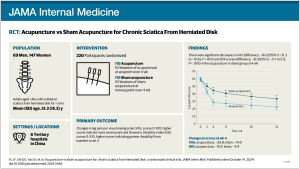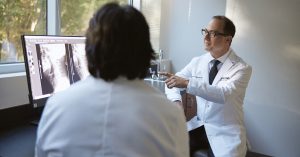How To Lower Your Fracture Risk If You Have Spinal Osteoporosis
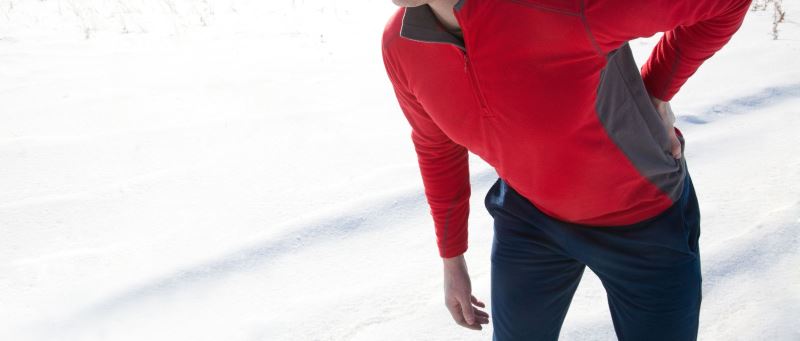
Category: | Author:
Osteoporosis is a medical condition that can cause some of the bones in your body to become weak and brittle. While it can affect any area of your body, it most commonly affects a person’s feet, hands and spine. Because of all the stress we put on our spines during everyday movement, patients with spinal osteoporosis are at an elevated risk for suffering a spinal fracture.
Spinal fractures can be particularly debilitating, so you want to do everything in your power to reduce your risk of a fracture if you suffer from osteoporosis. In today’s blog, we share some tips for reducing your risk of a spinal fracture if you have osteoporosis.
Preventing Osteoporosis-Related Spinal Fractures
Whether you have late stage osteoporosis or are dealing with the early stages of bone softening, you’ll want to take some similar steps to help reduce your fracture risk. Some simple ways to do that include:
- Improve Your Diet – Give your body what it needs to help it produce new healthy bone tissue. Get plenty of calcium and Vitamin D in your diet, and strive to eat well-rounded meals so that your body has access to a wide range of healthy nutrients.
- Safe Exercise – You may think that it’s best to protect your spine from activity and injury, but controlled activity is much better than living a sedentary lifestyle. Being active will help to strengthen bones and the soft tissues that support them. Obviously you’ll want to avoid contact sports or high-impact activities that could cause problems for your spine, but activities like walking, swimming and cycling are great for your spine health.
- Get Outside – Getting outside in the sunlight can also help to reduce your risk of spinal fractures. Our bodies can produce their own Vitamin D when exposed to natural sunlight, so make it a point to spend some time outdoors each day, even in the wintertime.
- Limit Bad Habits – Sometimes lowering your fracture risk is less about doing a specific action and more about stopping other actions. For example, you will want to reduce or give up smoking and alcohol consumption if you have an elevated spinal fracture risk. Both tobacco and alcohol use can affect healthy blood flow to different areas of your body, and if your spine can’t as easily get the nutrients it needs, osteoporosis degeneration can speed up.
- Lower Your Fall Risk – Finally, falls are a leading cause of osteoporosis-related fractures among seniors. Do what you can to lower your fall risk at home and while you’re out and about. Partake in some balance and mobility exercises, remove tripping hazards from around your house and wear the right shoes for the activities you’ll be performing to help keep yourself upright.
Spinal fractures don’t always heal well if the patient is already dealing with osteoporosis, so do what you can to improve the health of your spine and lower your fracture risk. For more information, or for help with a different spinal issue, reach out to Dr. Sinicropi and the team at The Midwest Spine & Brain Institute today at (651) 430-3800.
Related
